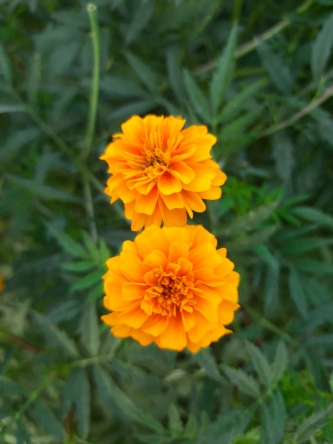The decision to conduct gram sabhas in 12 villages was made after the April 18 Supreme Court
International human rights advocacy group, Amnesty International, has urged the Ddisha government to hold gram sabhas in all 80 odd Dongria Kondh Adivasi (Indigenous) and other Adivasi villages in Niyamgiri hills which are likely to be affected by bauxite mining for an alumina refinery of Vedanta Aluminium (VAL).
It pointed out that the newspaper advertisements issued by the Odisha government have asked the communities in only 12 villages — seven in Rayagada district and five in Kalahandi district — to file, within the next six weeks, their claims on the forest areas proposed to be mined.
The decision to conduct gram sabhas in 12 villages was made after the April 18 Supreme Court ruling.
The apex court has observed that the local tribal inhabitants would take a decision whether the proposed mining would be allowed at Niyamgiri hills or not.
The human rights watch dog has called upon the state government to ensure that the gram sabhas are conducted in all the villages in free and genuine manner.
Expressing concern over the presence of security personnel there, Amnesty said, the central paramilitary forces stationed in the Niyamgiri hills have resorted to intimidation of the Dongria Kondh Adivasi communities, urging them to give up their opposition to the bauxite mine plan.
“The organisation is concerned that in the run-up to consultation processes there has been intimidation of tribal communities by the companies concerned or the paramilitary forces stationed at the Niyamgiri hills. The meetings should be observed by international human rights organisations, if the communities want this, as well as being held in the presence of a judicial officer as stipulated by the Supreme Court ruling,” it added.
It may be noted that VAL had entered into a pact with the state owned Odisha Mining Corporation (OMC) for supply of bauxite from Niyamgiri hills to its Lanjigarh refinery in Kalahandi district . However, attempts to mine bauxite were red flagged by the Union environment ministry which had scrapped the Stage-II forest clearance for the project on August 24, 2010.
Meanwhile, the state government is contemplating to seek legal view over the possibility of expanding the scope of village meeting after facing flak from the Union ministry of tribal affairs (MoTA) and green activists, who are opposed to the idea of holding the gram sabhas in only 12 villages.

